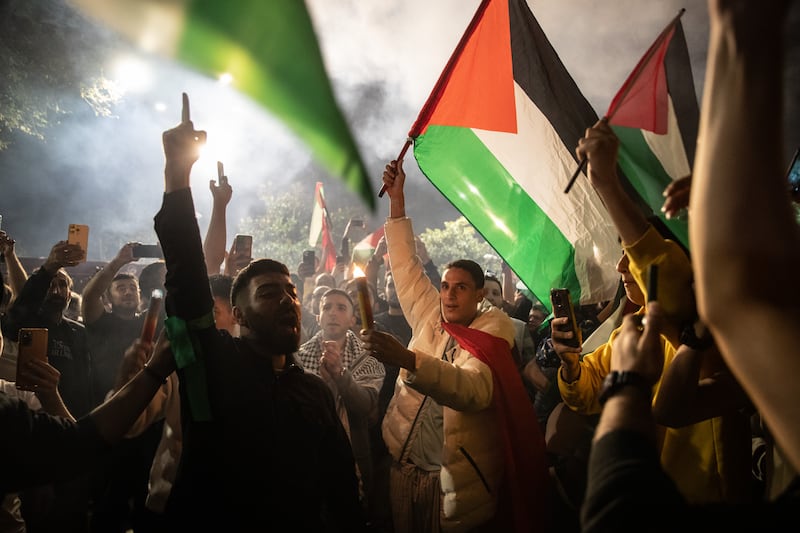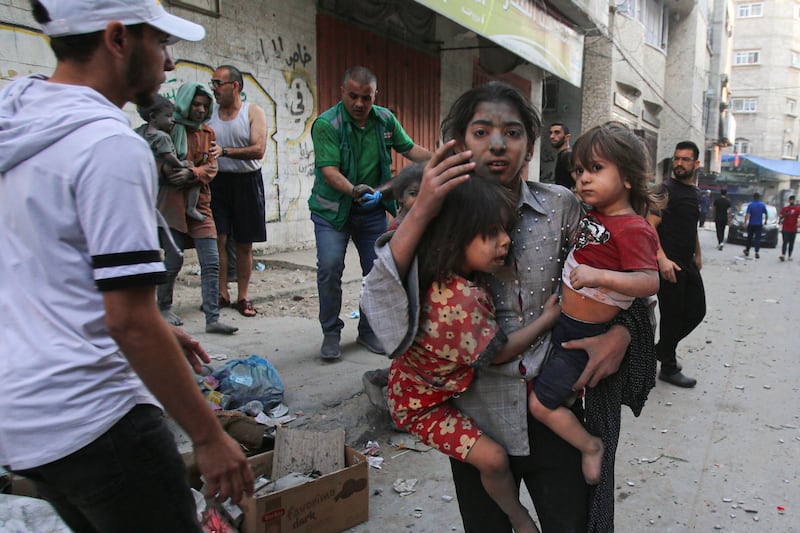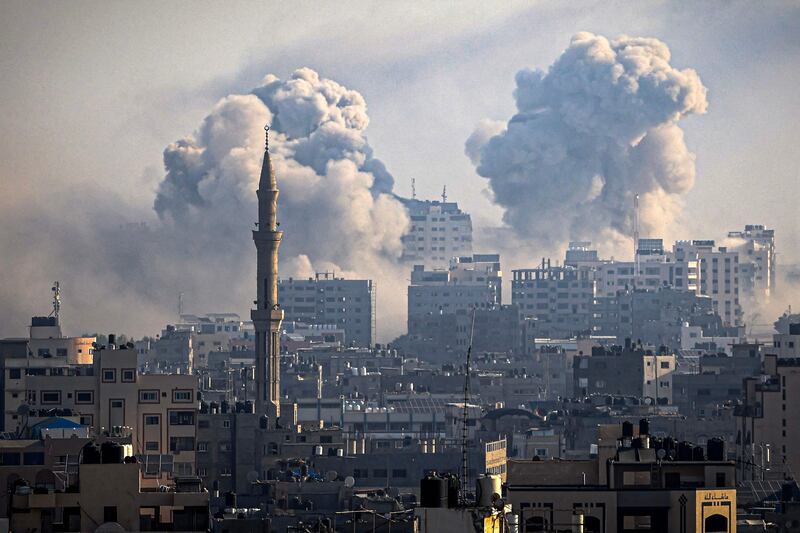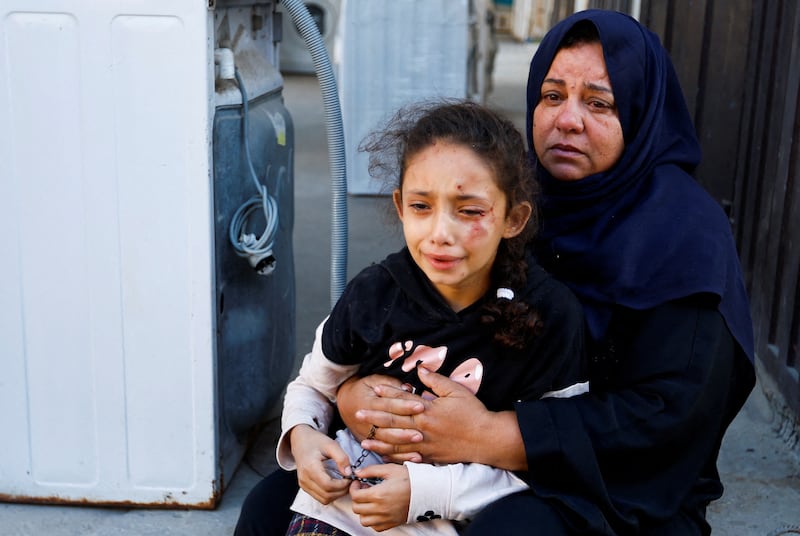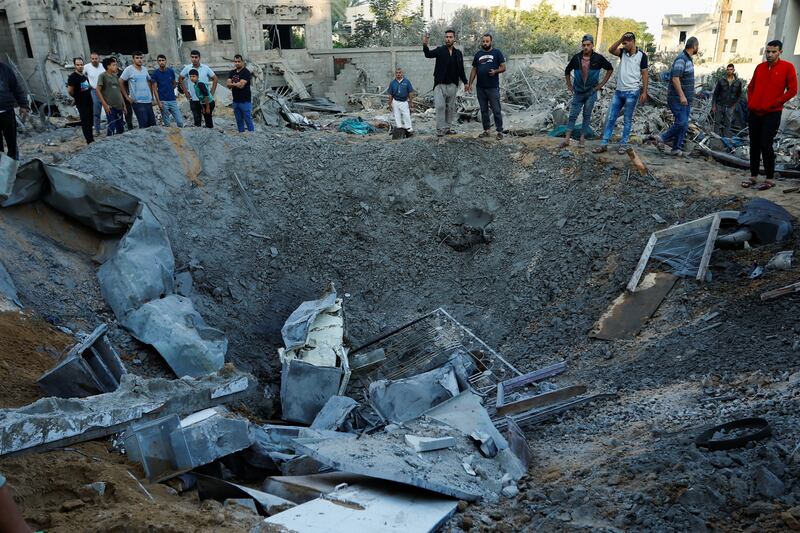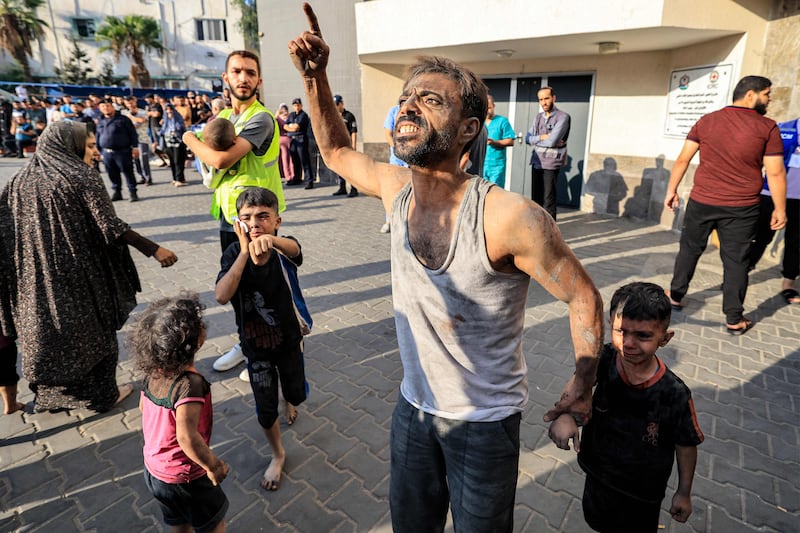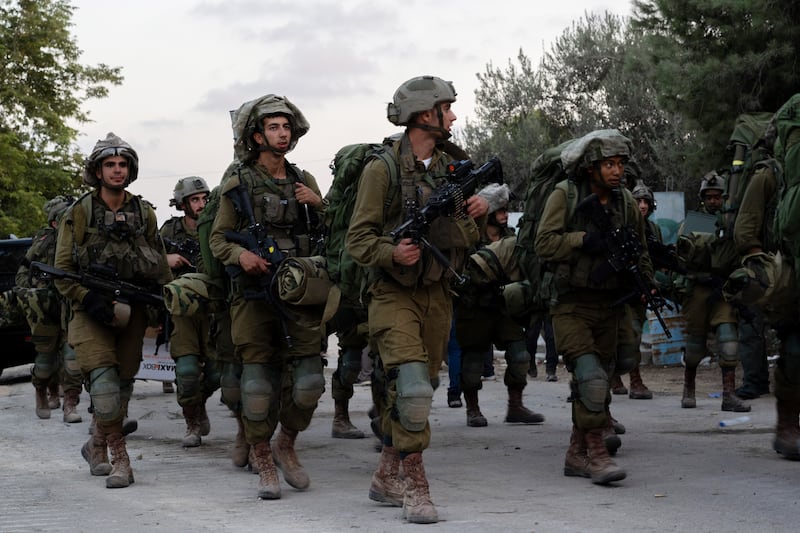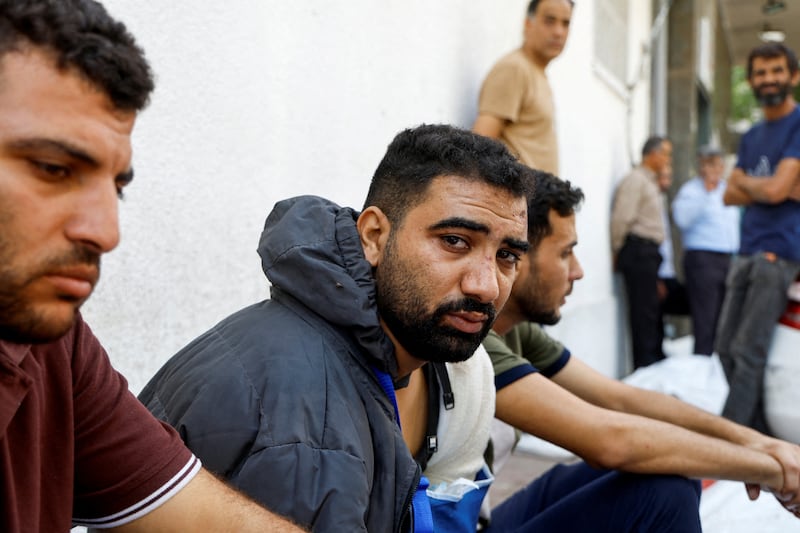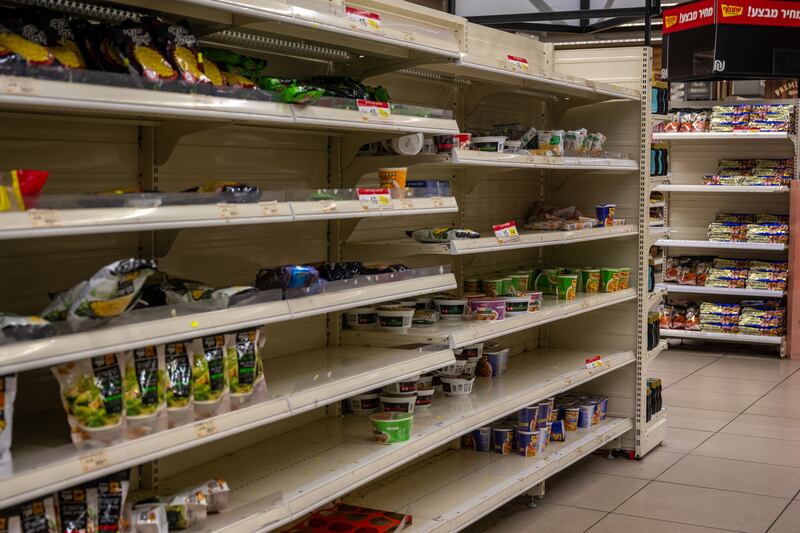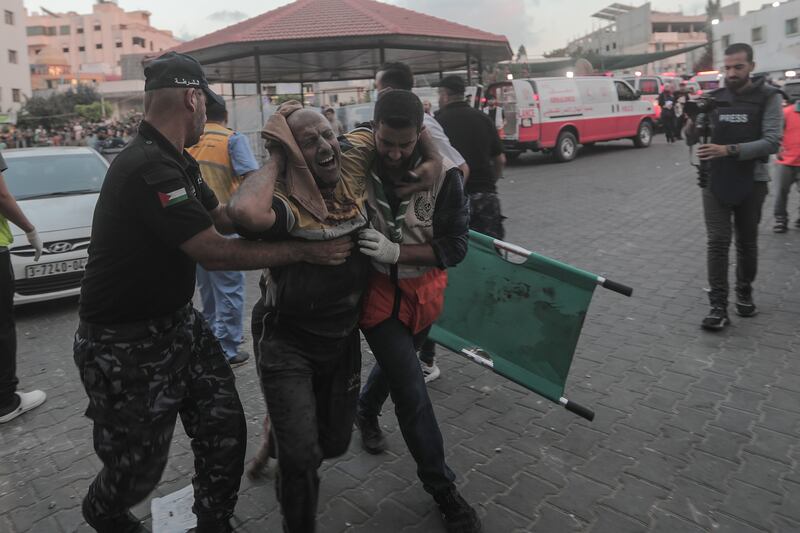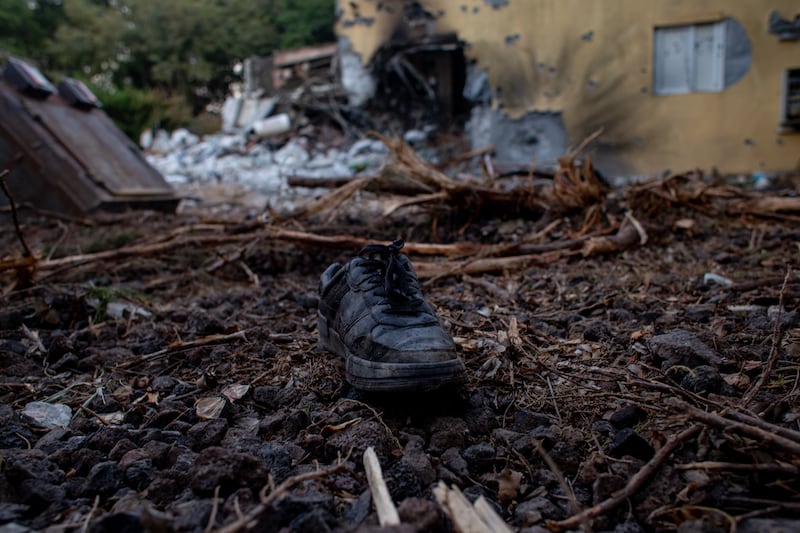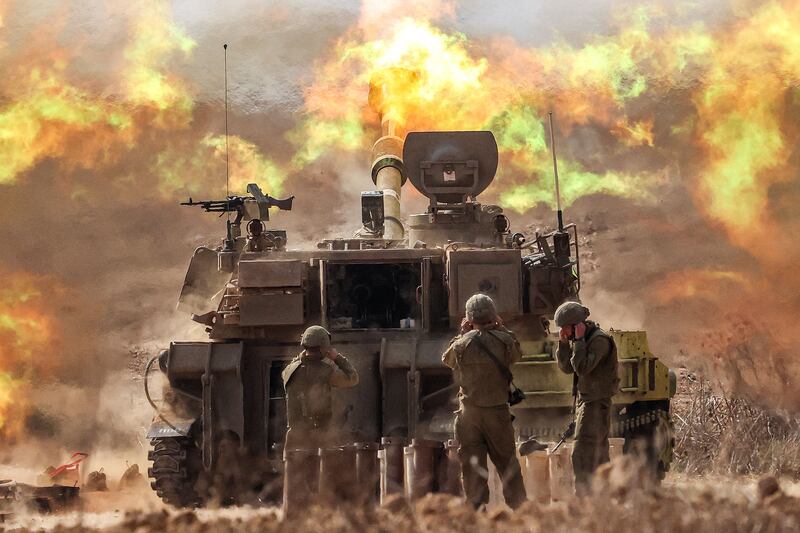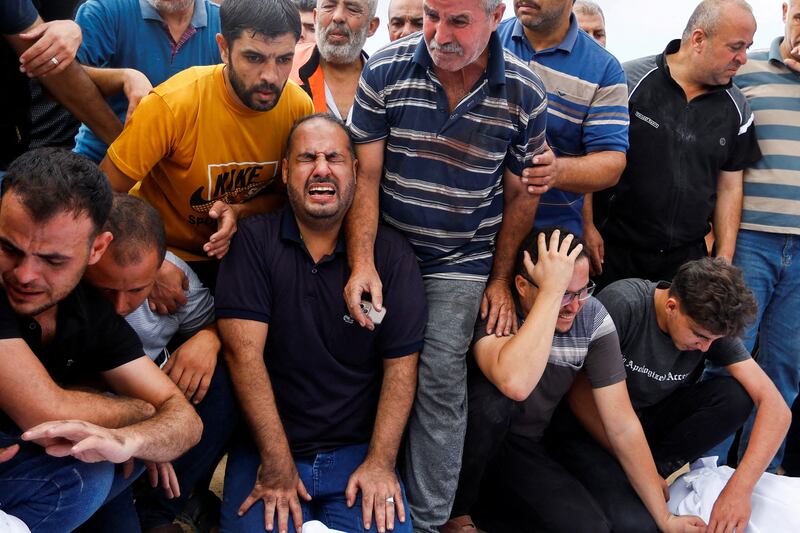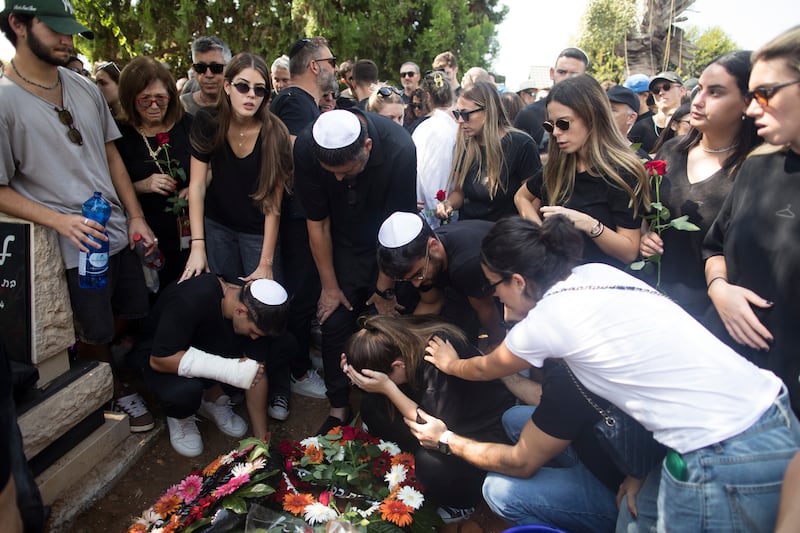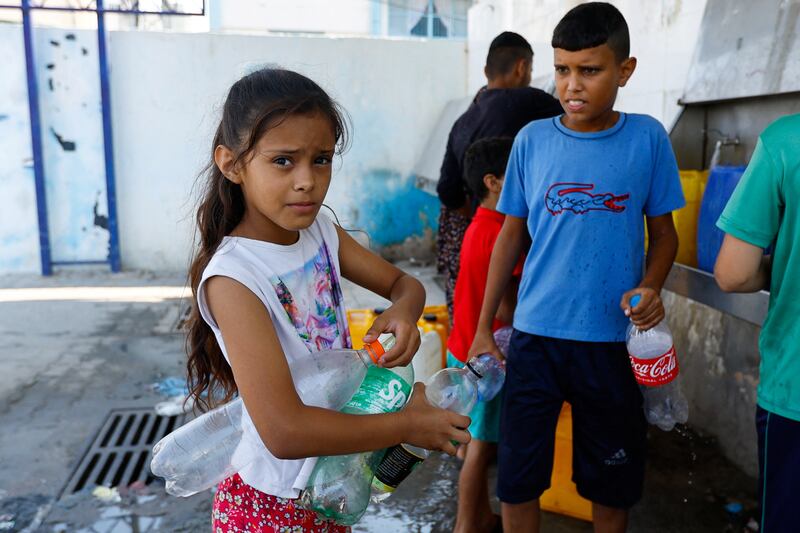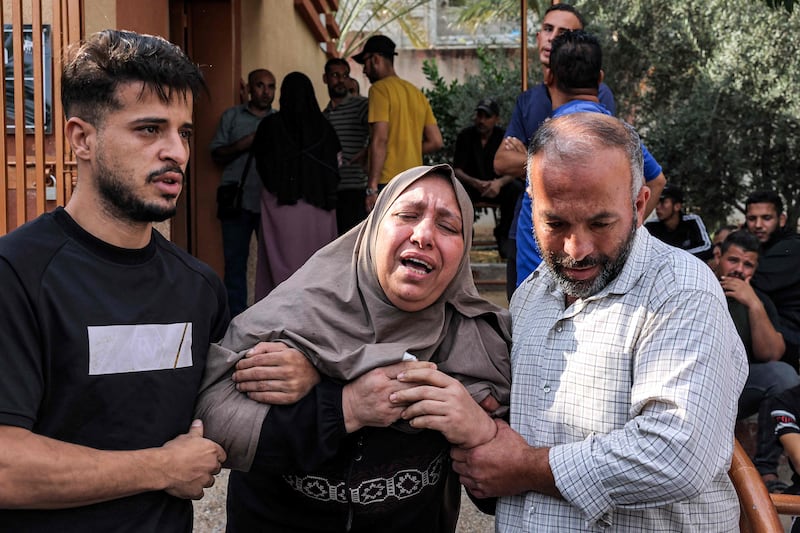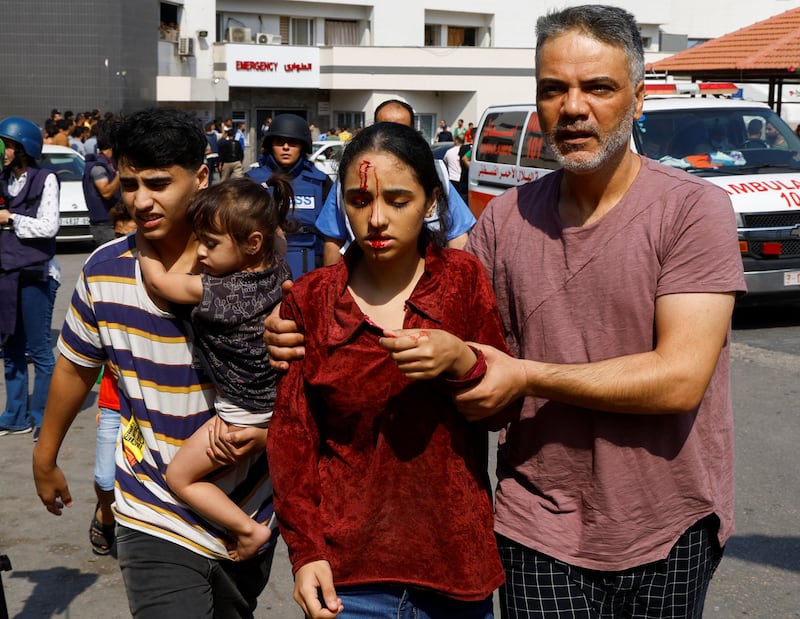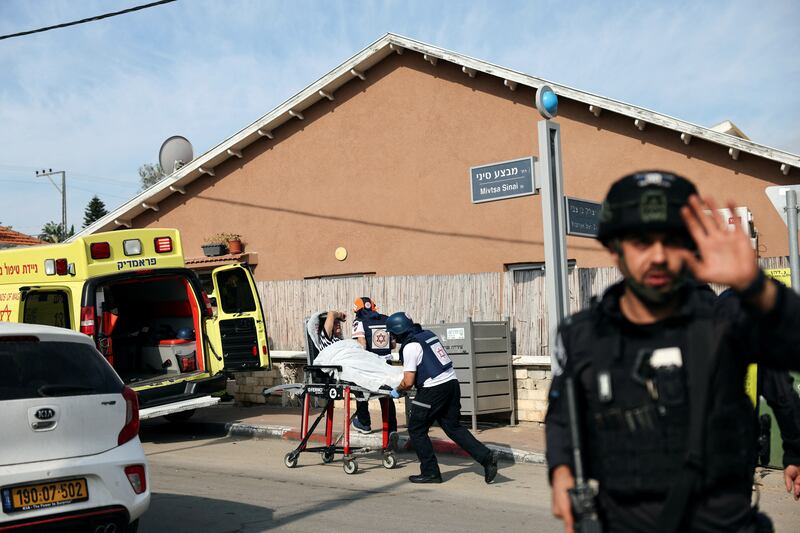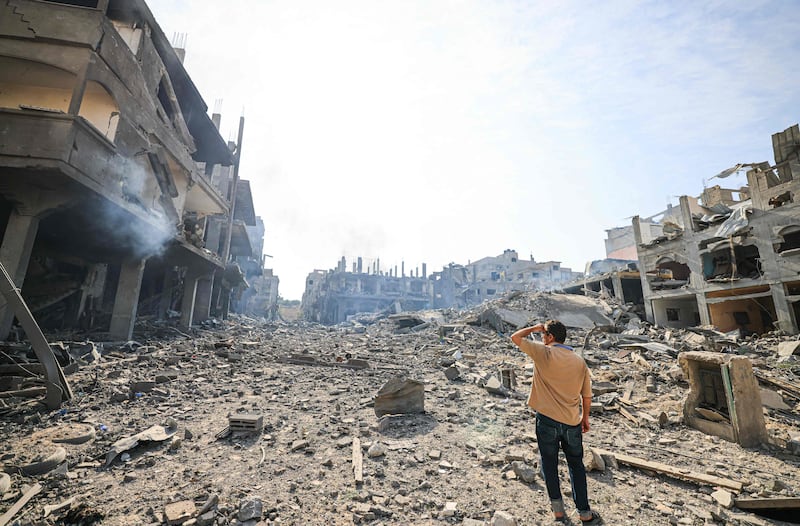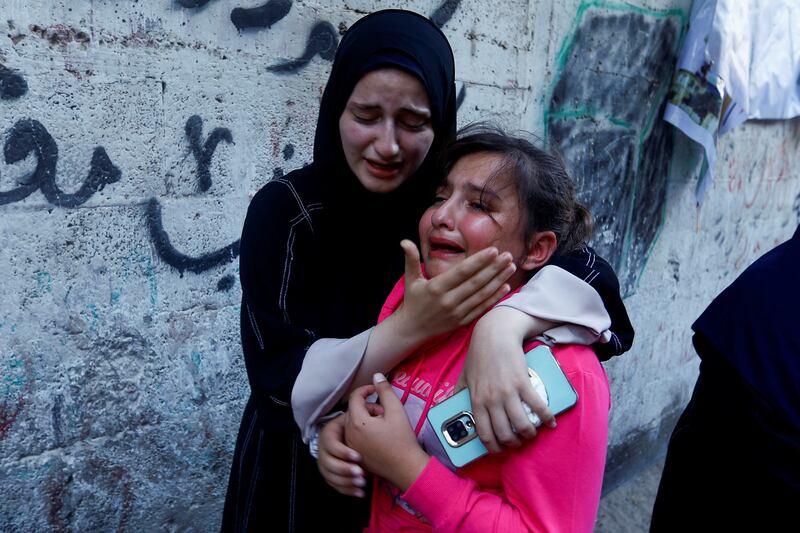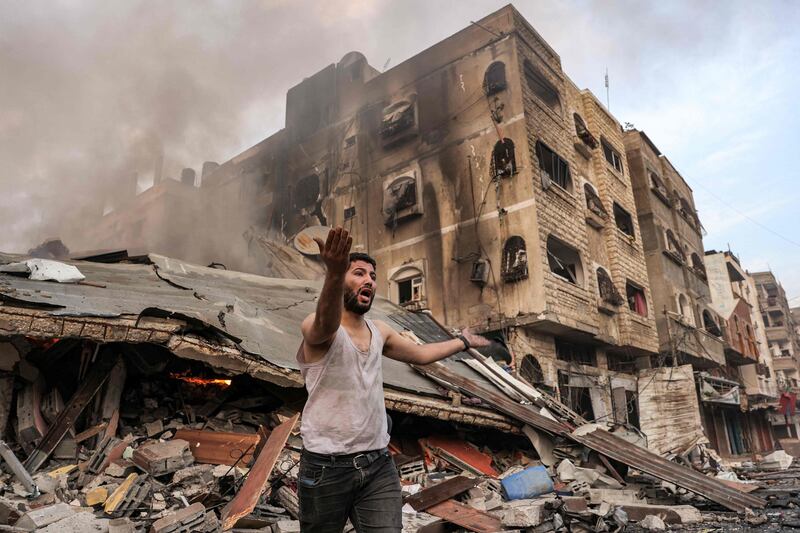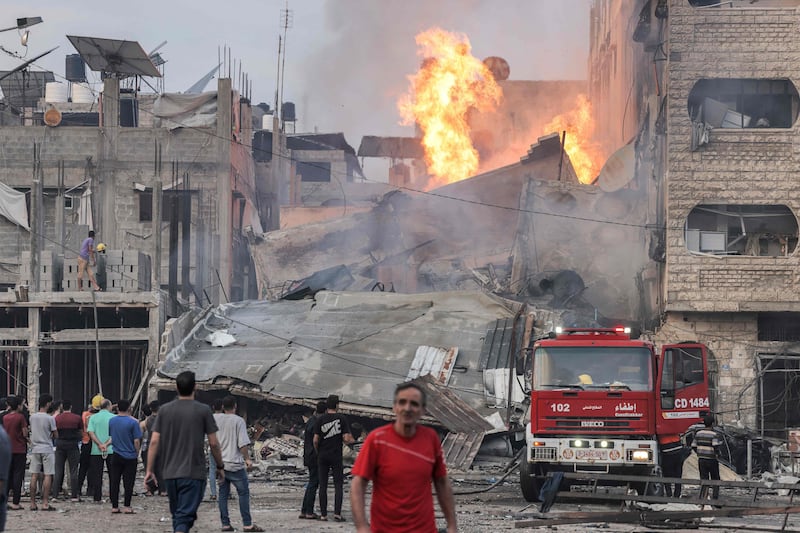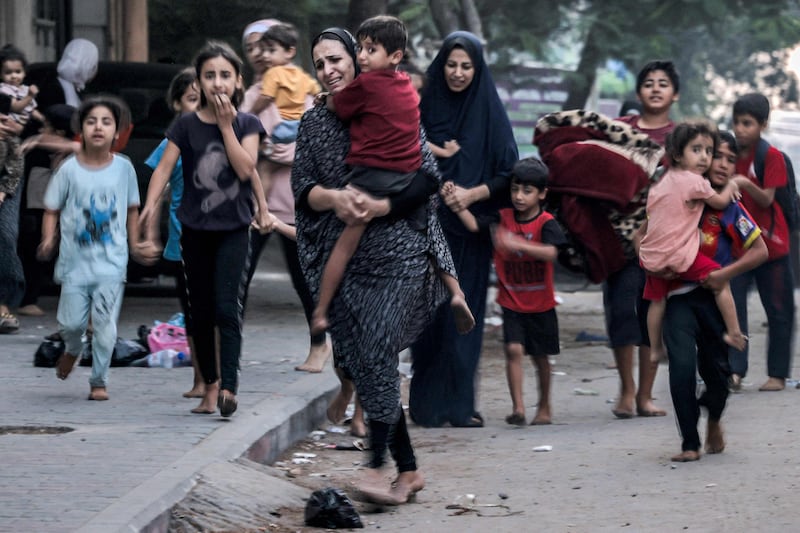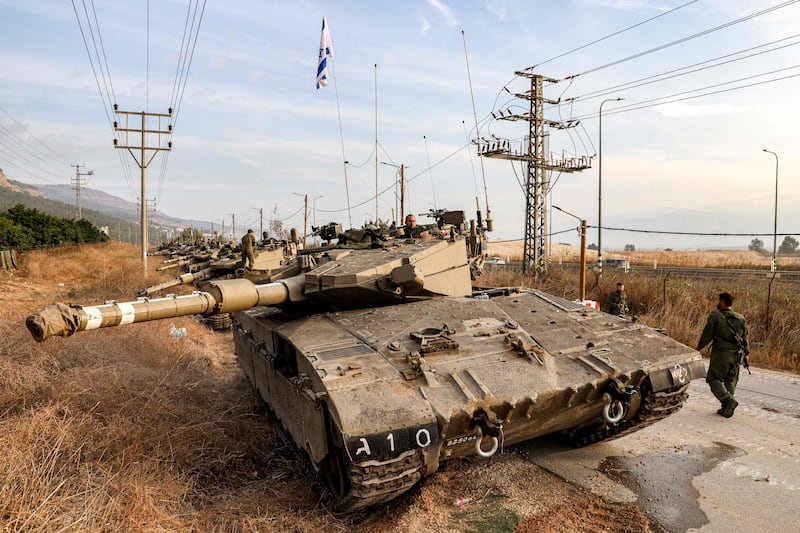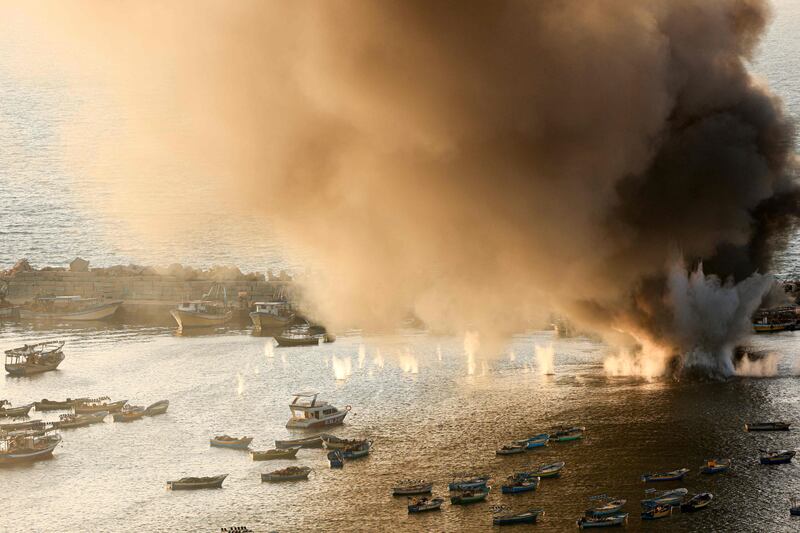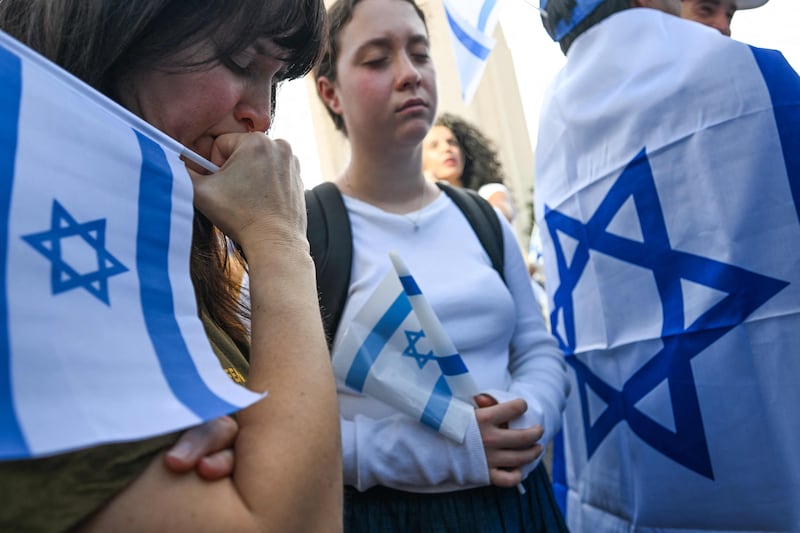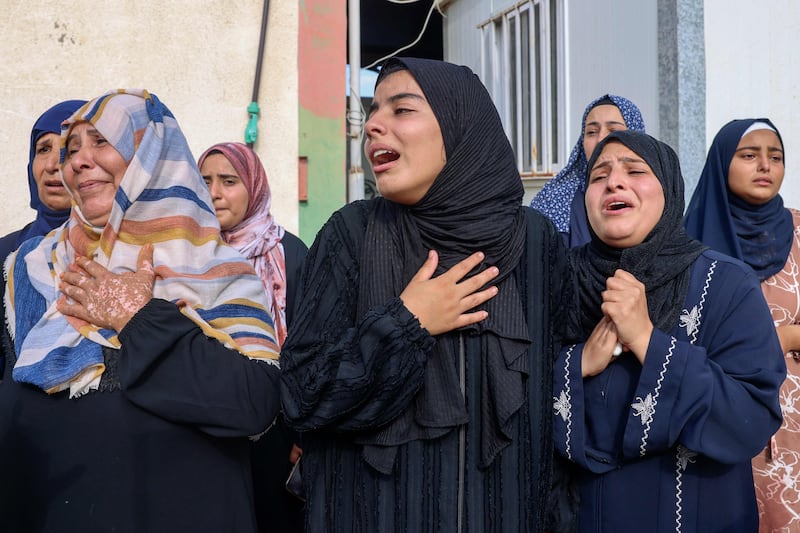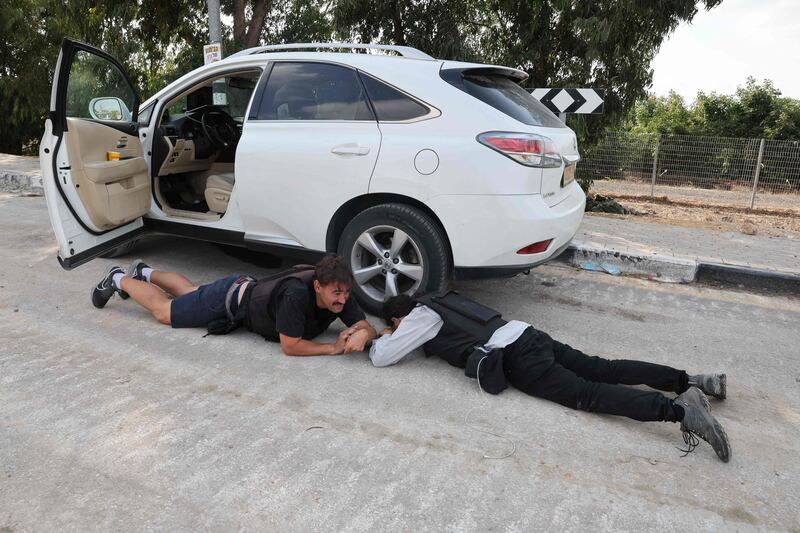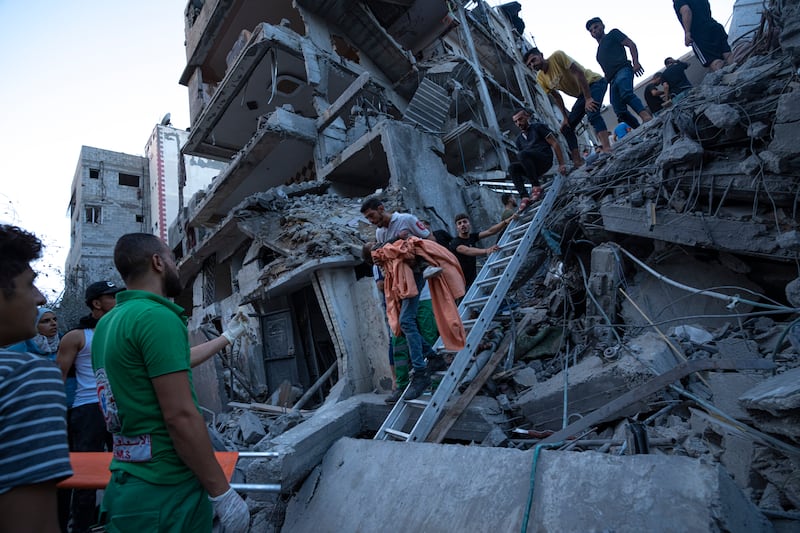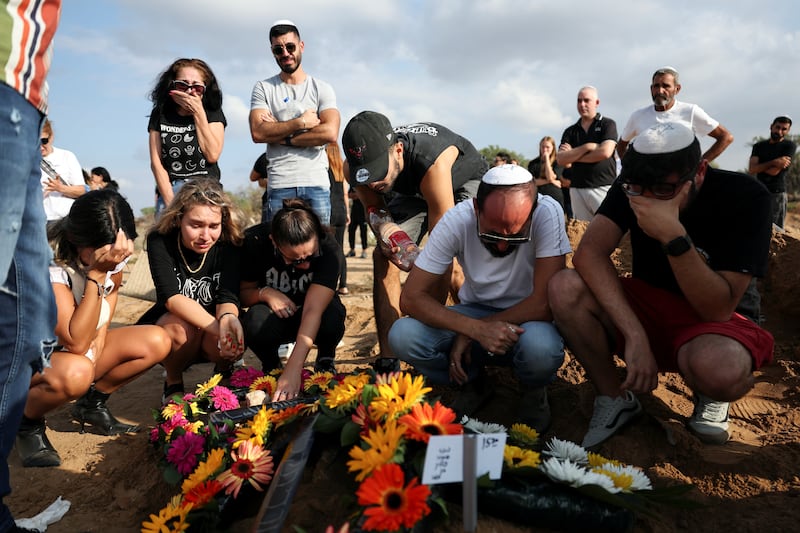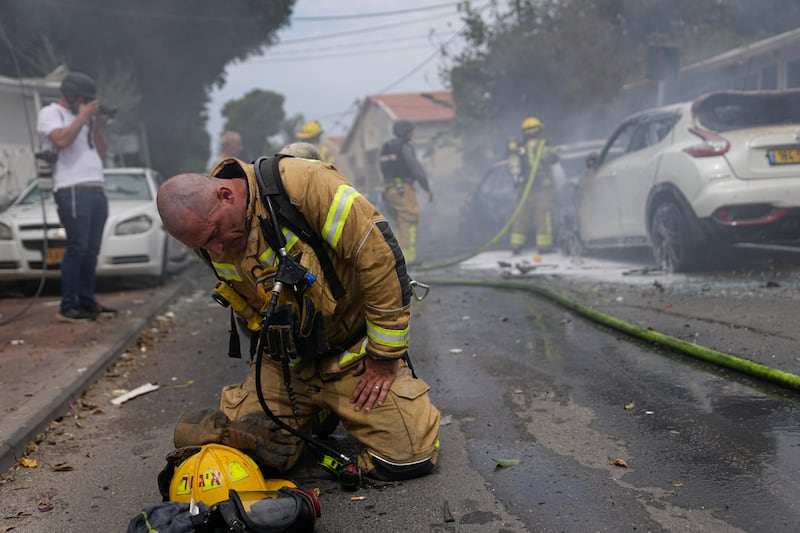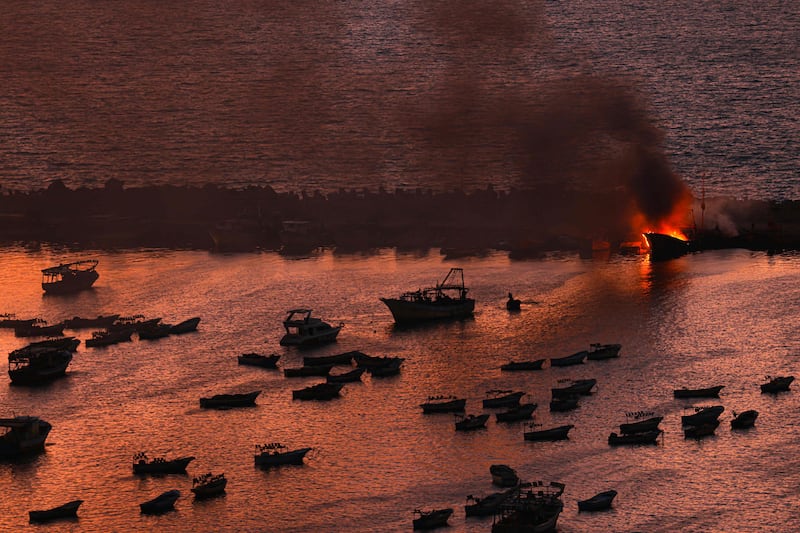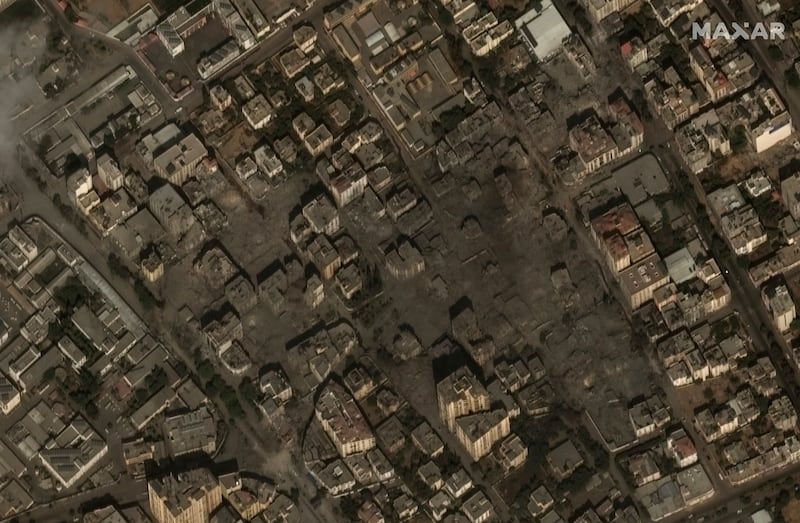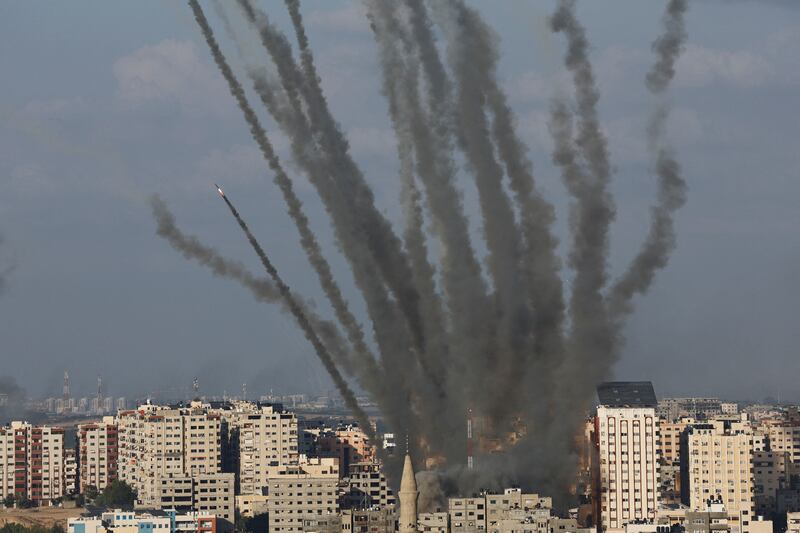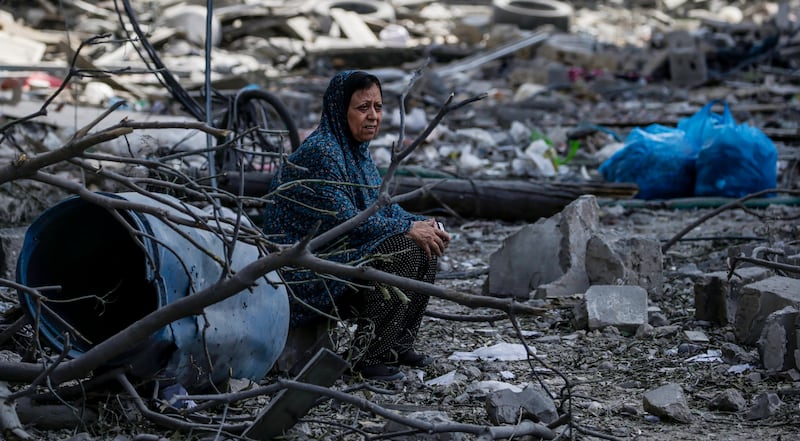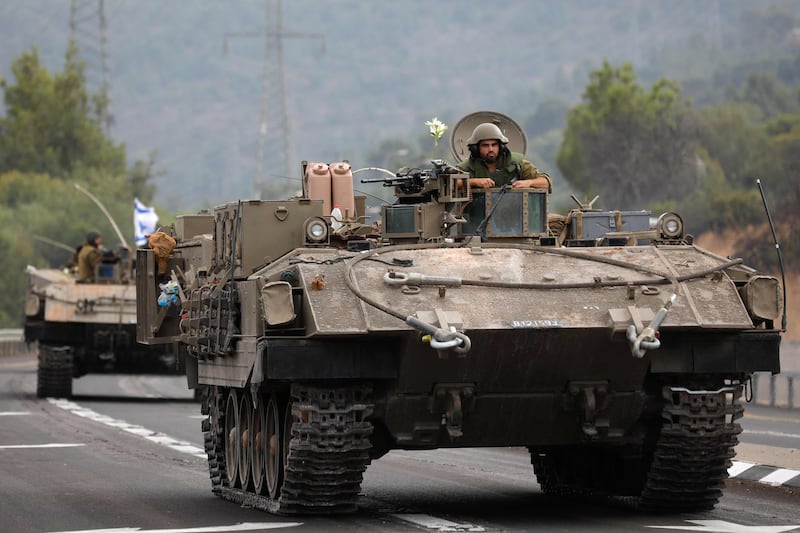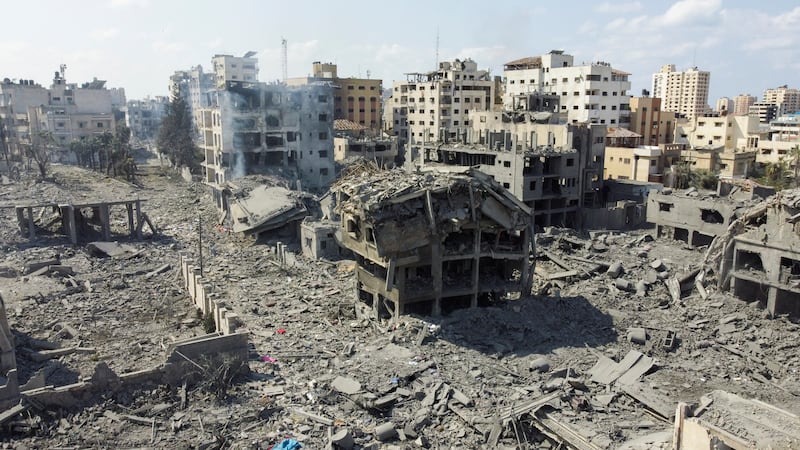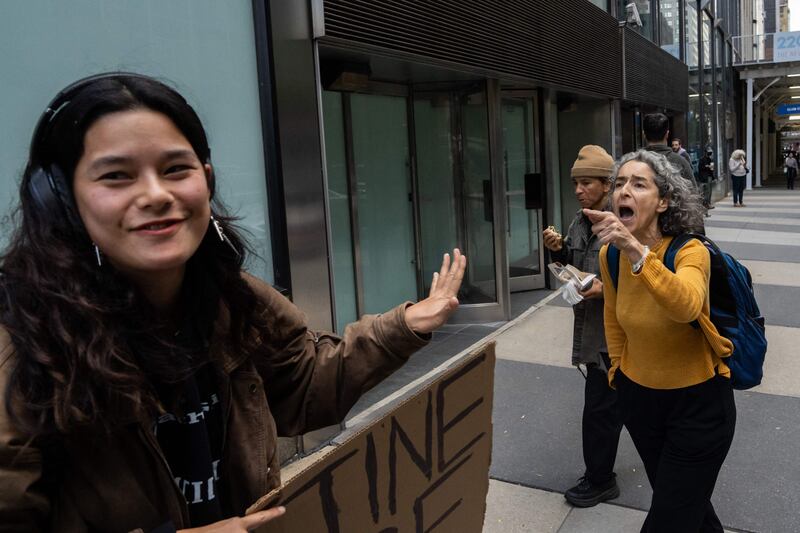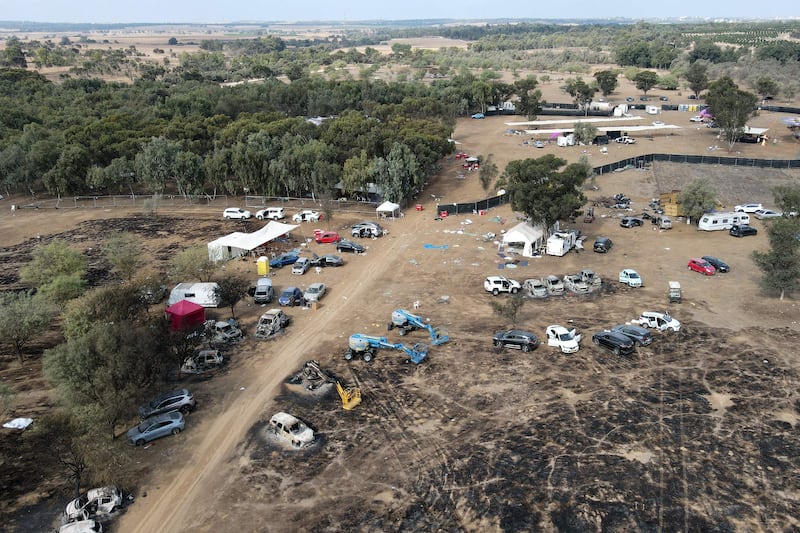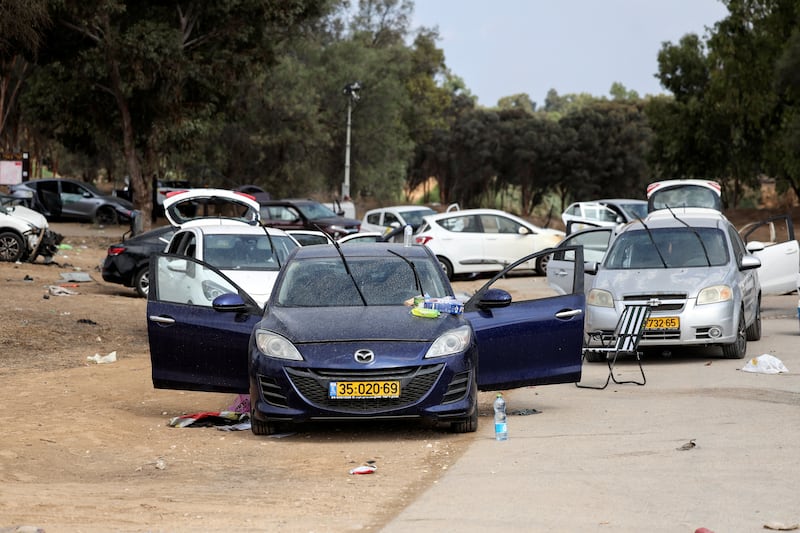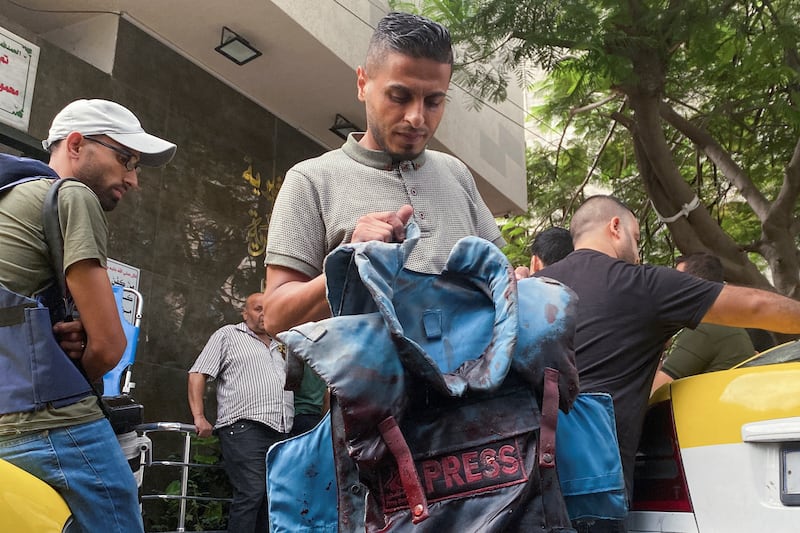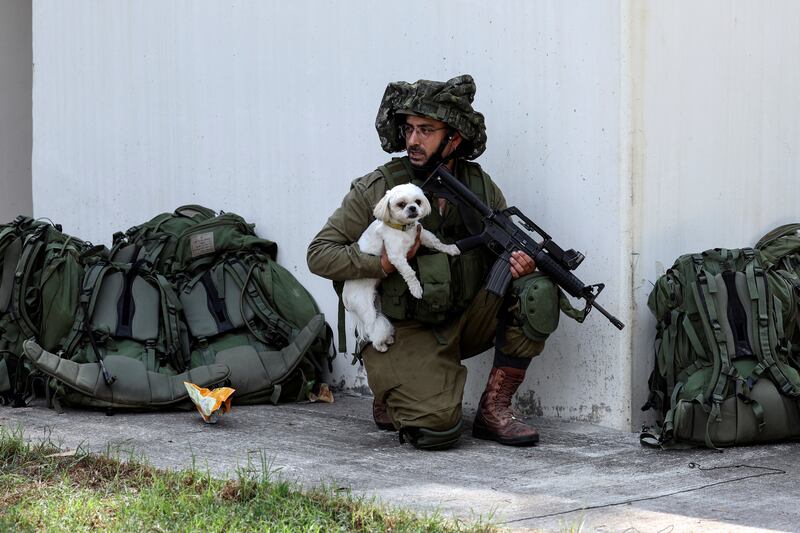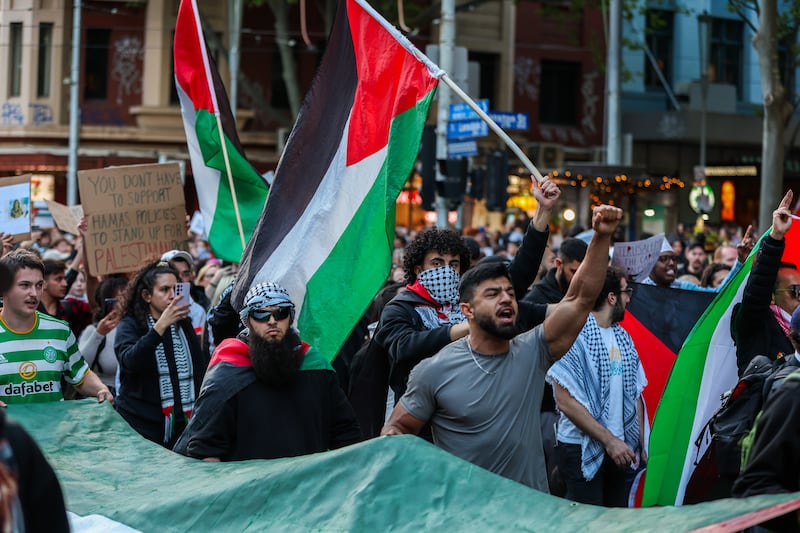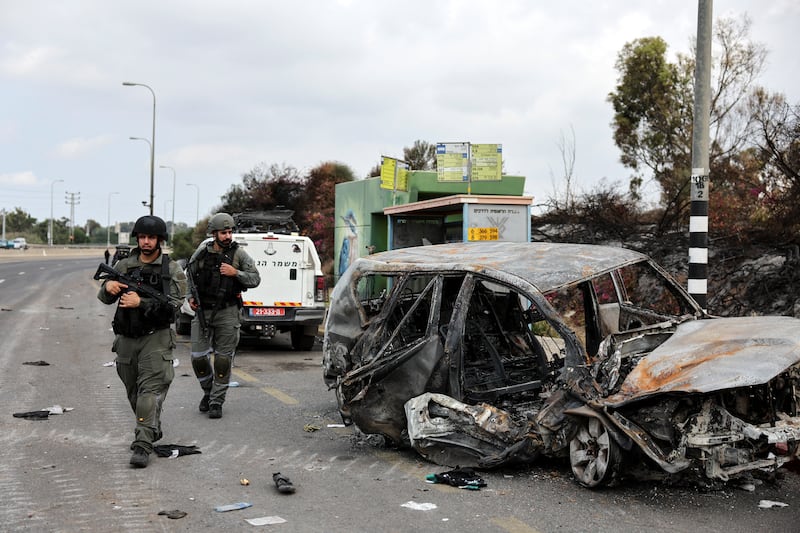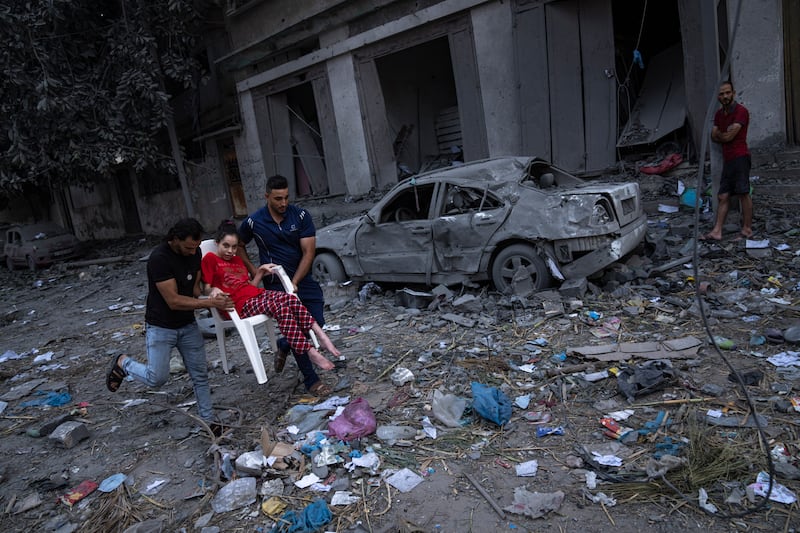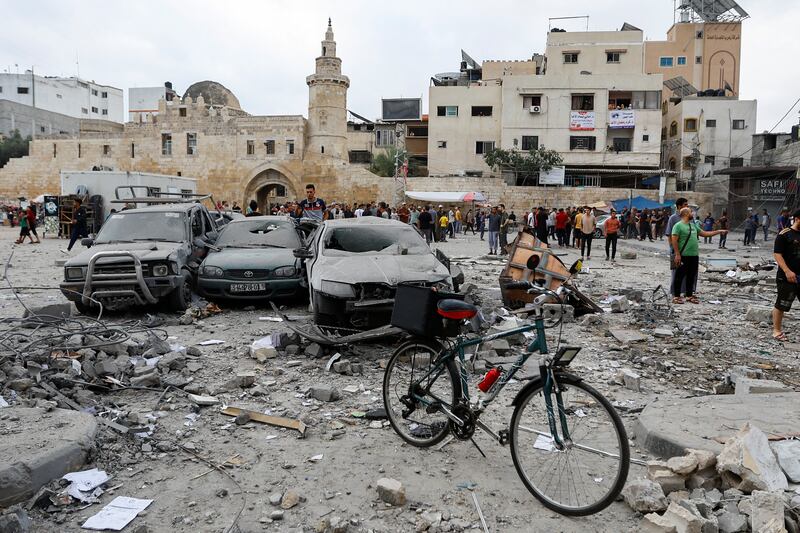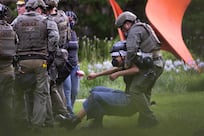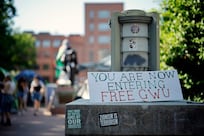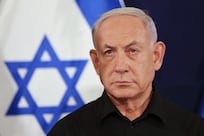The October 1 suicide bombing outside Turkey’s parliament marked the first terrorist attack on Ankara in years. The Kurdistan Workers’ Party (PKK), which has led a decades-long insurgency in Turkey’s south-east and is labelled a terror group by Turkey, the US and the EU, claimed responsibility for the attack, prompting Ankara to strike PKK facilities in northern Iraq that same evening.
Days later, Turkey said the attackers had entered the country from Syria and that it would launch an extensive assault on the Syrian Democratic Forces (SDF), which is aligned with the PKK and has since 2015 been the key fighting force in the US-led coalition to combat ISIS.
As Ankara began bombing north-eastern Syria, Turkish Foreign Minister Hakan Fidan urged third parties to “stay away” – a not-so-subtle warning to the US. Some 24 hours later, an American fighter jet shot down a Turkish drone, marking the first-ever direct military engagement between Nato allies.
Then, as analysts wondered how Turkey and the US had come to the cusp of conflict in Syria, hundreds of Hamas militants launched an unprecedented assault on Israel, spurring a new war in the Middle East and underscoring, once again, Ankara’s complicated position on terror.
A little more than a year ago, I described Turkey and the West’s contrasting takes on terrorism as akin to an MC Escher drawing.
We might start with Muslim Brotherhood-inspired Hamas. It’s labelled a terrorist outfit by the US, EU and much of the West, but Turkey continues to host Hamas command centres in Istanbul, despite Israeli complaints.
In north-eastern Syria, western states valourise SDF successes against ISIS while Ankara persistently urges the US cut ties with its nemesis, the SDF/PKK. This same issue is holding up Sweden’s Nato membership: Stockholm views independence-minded Kurds in Sweden as activists while Ankara, again, sees terrorists and demands action.
Turkey has long been pushing the envelope with the 900-or-so US troops supporting the SDF. In April, a Turkish drone strike in northern Iraq targeted a convoy that included US troops and SDF leader Mazloum Abdi. And last November, a Turkish drone strike on SDF headquarters came within a few hundred metres of US forces.
The latest incident began much the same way. As Turkey bombed Hasakah province early last Thursday, several strikes fell near a US base, sending US troops scurrying into bunkers. US officials said they called the Turkish military to warn against attacks inside its restricted zone. When another Turkish drone buzzed past, a US commander ordered it to be shot down.
Tit-for-tat threats shot across social media as Turkey watchers tensed, fearing a long-expected escalation. “Those who dare test our resolve will meet the fate of those we have dealt with in the past,” Turkey’s communications chief Fahrettin Altun warned on X. But then, suddenly, the anger receded.
The US calmly reaffirmed its right to self-defence and the Pentagon described the shoot-down as “regrettable”. Turkey’s Foreign Affairs Ministry downplayed the strike, blaming “different technical assessments”. US Defence Secretary Lloyd Austin spoke with his Turkish counterpart, Yasar Guler, urging de-escalation. But Mr Fidan reportedly called his US counterpart, Secretary of State Anthony Blinken, to make clear that the US must cut ties with armed Syrian Kurds.
Now one wonders if the US and Israel will soon make a similar demand of Ankara on Hamas. Turkey has for years provided sanctuary to Hamas leaders hounded out of Palestinian territories – handing some of them Turkish passports and allowing them to set up command centres.
The scale and co-ordination of Hamas’s stunning attack on Saturday suggest the group has significantly expanded its capabilities in recent years.
Surely, the US and Israel are already poring over intel and questioning Turkish officials: did Hamas’s Istanbul operations play any role in the assault? Had any of the Hamas attackers recently spent time in Turkey? They will probably mention that Hamas leader Ismail Haniyeh visited Ankara not three months ago.
As for US troops in Syria, the White House has publicly ruled out a withdrawal. There had been whispers that the Biden administration was less than fully committed to its Kurdish partners, as it sought to renew the nuclear deal with Iran and feared further alienating Turkey.
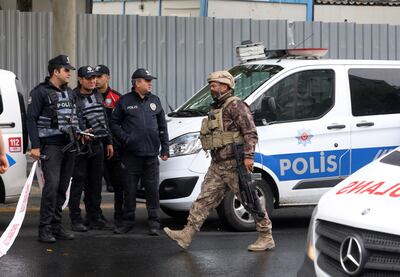
But the past few days may have flipped that on its head. The appetite for any deal with Tehran probably evaporated, with one US official saying Iran was “complicit” in the Hamas attack. And Turkey's case that the US is allied with terrorists in Syria now seems considerably less persuasive than the expected US-Israeli argument that Ankara is effectively enabling Hamas's aggressions.
In a way, we’ve been here before. The US downing Turkey’s drone one-ups then-president Donald Trump’s vow, in October 2019, to “obliterate” Turkey’s economy if it went ahead with a planned Syria incursion. Undaunted, Turkish forces soon took control of Hasakah, Raqqa and Aleppo, displacing about 300,000 locals and spurring accusations of ethnic cleansing.
This time, rather than pause its bombing, Turkey seemed to double down – striking nearly 150 sites across north-eastern Syria, devastating the energy infrastructure and economic activity that supports the SDF. A similar Turkish response today, reiterating its commitment to Hamas rather than denouncing the assault and cutting ties, might spur a stern American-Israeli response.
Ankara seems to be hedging its bets. Turkish President Recep Tayyip Erdogan has urged Israelis and Palestinians to exercise restraint and vowed to do whatever is necessary to help de-escalate and broker peace. Yet the longtime Turkish leader also said his government is willing to help negotiate the release of Israeli prisoners, which suggests he hopes to maintain some semblance of support for Hamas.
As Turkey heads towards March elections, this stance might draw votes. Thousands of Istanbul residents rallied in support of Palestinians on the weekend, while several Turkish Islamist politicians, including the leaders of two parties in the governing Justice and Development Party’s parliamentary coalition, expressed support for the “just struggle” of Palestinian resistance.
Resolving the Kurdish dilemma can wait; another Turkish foreign policy position just took on greater urgency. State foes are known to change with the times.
